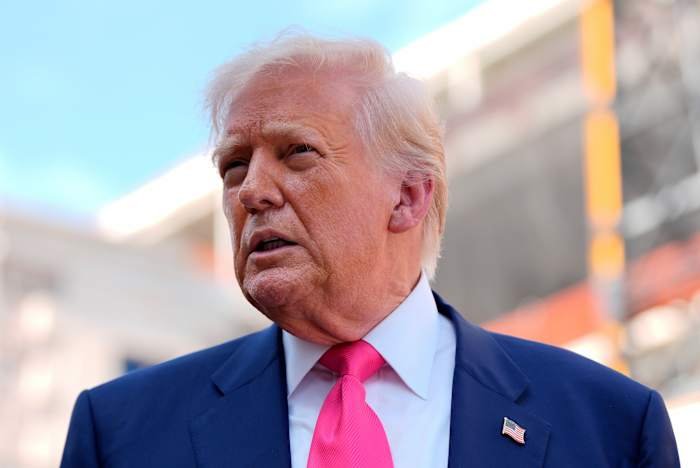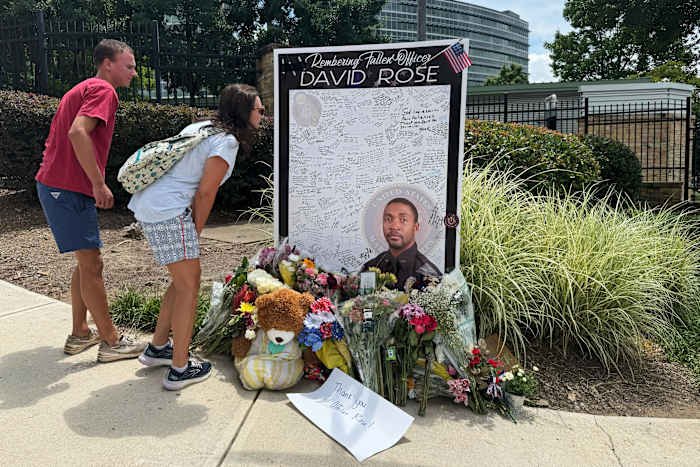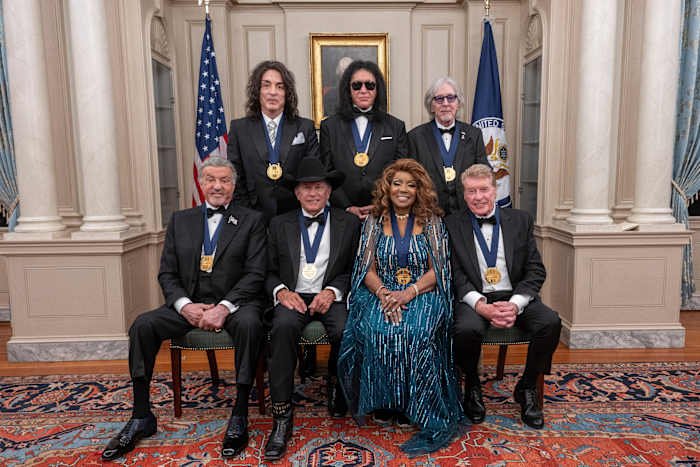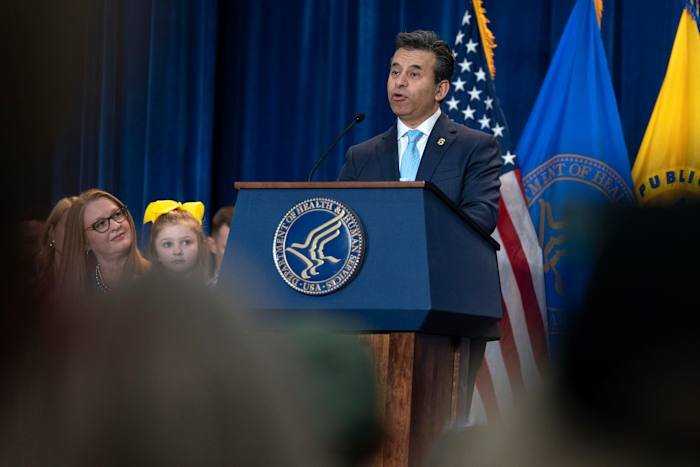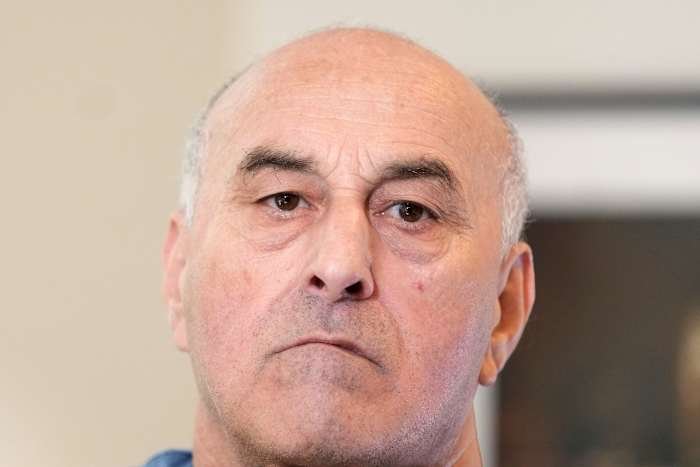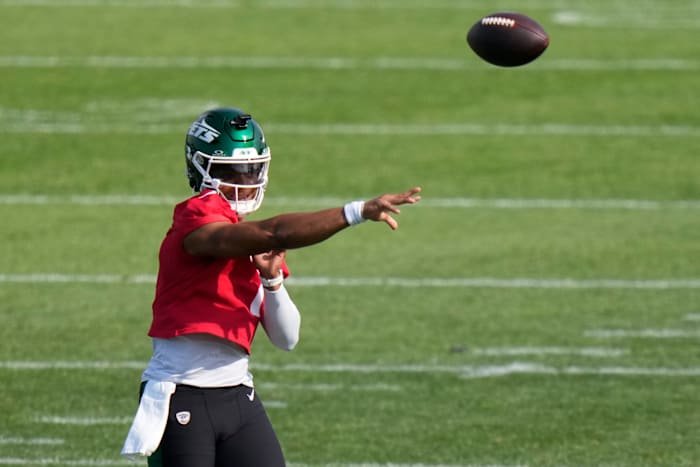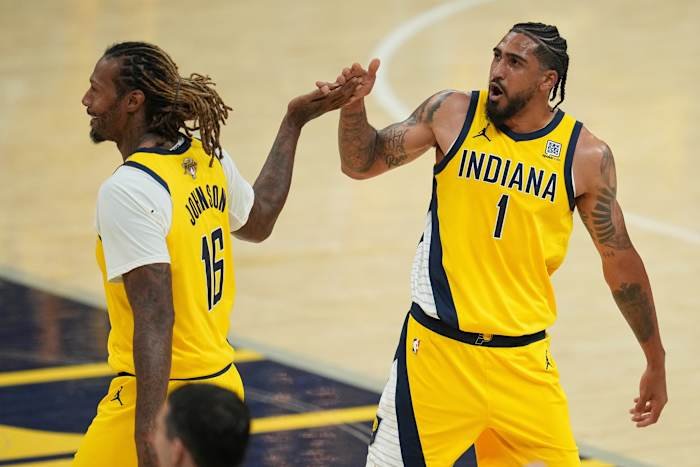“South Park” is no stranger to controversy, and its creators have never shied away from poking fun at public figures — or the White House itself. This week, co-creator Trey Parker offered a tongue-in-cheek apology after the new season’s premiere drew pointed criticism from the Biden administration. For Orlando fans and locals watching the latest saga unfold, the episode and its aftermath are sparking conversations about media, free speech, and the power of satire in shaping political discourse.
The Controversial Premiere: What Happened?
The season premiere of “South Park” aired last week, immediately catching the attention of both viewers and political commentators. The episode, known for its characteristic blend of biting humor and social commentary, featured a storyline that many interpreted as a thinly veiled critique of current events and political leadership.
The White House responded swiftly, calling the episode “distasteful” and “misleading.” According to sources close to the administration, officials took issue with the way the show portrayed certain aspects of current policies and the president’s public image. The critique isn’t the first time the iconic series has been reprimanded by politicians, but the speed and tone of the White House’s reaction took many by surprise.
For Orlando viewers, who make up a vibrant part of “South Park’s” nationwide audience, the controversy quickly became a hot topic on social media. Many local fans debated whether the show had crossed a line — or simply continued its tradition of holding public figures accountable through satire.
Trey Parker’s Brief — and Humorous — Response
In classic “South Park” fashion, co-creator Trey Parker didn’t issue a lengthy statement or apology tour. Instead, when asked about the White House’s anger, Parker quipped, “I’m terribly sorry. I’ll try to do better next time.” The comment, laced with sarcasm, quickly went viral, reinforcing the show’s reputation for unapologetic humor.
Parker’s response highlights the creators’ long-standing approach: never take themselves, or their critics, too seriously. For Orlando residents who appreciate both comedy and the First Amendment, Parker’s remarks serve as a reminder of the delicate balance between respecting authority and speaking truth to power — even if it’s done through animated characters in a fictional Colorado town.
Free Speech, Satire, and the Orlando Perspective
“South Park” is often cited as a litmus test for freedom of expression in American media. The show’s willingness to lampoon everyone from celebrities to politicians is part of its enduring appeal. In Orlando, where the arts and entertainment scenes are thriving, the debate over satire’s limits is especially relevant.
Local comedy clubs, improv troupes, and independent artists often wrestle with similar questions: How far is too far? When does humor become offensive instead of insightful? The “South Park” premiere and ensuing controversy offer a timely backdrop for these ongoing conversations, reminding Orlando’s creative community of the importance of both pushing boundaries and respecting diverse viewpoints.
Some Orlando residents have taken to social media to express their support for the show’s creators, citing the need for humor during challenging times. Others, however, feel that the episode may have gone too far, echoing the sentiments voiced by the White House. This diversity of opinion is a testament to Orlando’s vibrant, engaged, and opinionated population.
Impact on Orlando’s Pop Culture and Political Discourse
While “South Park” is produced far from Central Florida, its impact is felt across the country — including right here in Orlando. Local bars and cafes frequently host viewing parties for the show’s premieres, and the city’s universities sometimes feature “South Park” episodes in media studies or ethics classes to spark discussions about free speech and media responsibility.
The current controversy has also inspired Orlando’s political commentators and bloggers to weigh in. Some have drawn parallels between the White House’s reaction and past attempts to regulate or censor media in Florida. Others are using the debate as a springboard to discuss broader issues of representation, respect, and the role of satire in a healthy democracy.
For many in Orlando, the controversy has reignited conversations about how national issues play out at the local level — and the ways in which humor can both unite and divide communities. As one local podcaster put it, “Whether you love ‘South Park’ or hate it, it makes us talk about things that matter, and that’s good for democracy.”
Looking Ahead: What’s Next for ‘South Park’ and Its Orlando Audience?
With the new season underway, it’s clear that “South Park” will continue to challenge norms and provoke conversation. The swift response from the White House and Trey Parker’s playful apology have only added to the show’s mystique and cultural relevance.
For Orlando fans, the premiere and its aftermath serve as a reminder of the power of television to spark debate and reflection. Whether you side with the White House, the show’s creators, or somewhere in between, there’s no denying that “South Park” continues to shape the national — and local — conversation.
Conclusion: Join the Conversation!
“South Park” has once again proven that satire is alive and well in American media, drawing reactions from the highest levels of government all the way to living rooms in Orlando. We want to know what you think: Did the show go too far, or is this just another example of much-needed political humor? Share your thoughts in the

